The Depression years
The
Great Depression was the worst economic slump ever in
Clermont
was affected, as were other parts of the country. But when we read about the
bread lines and soup kitchens in the cities, we felt we were lucky. Practically
everyone had a garden, an apple orchard, and harvested wild berries. Women
canned fruit and vegetables during the summer and fall to be used during the
winter as seen in this photo.
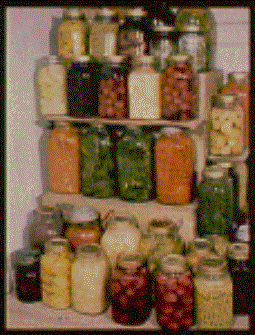
Cooking
and canning was done on old gas stoves like this one:
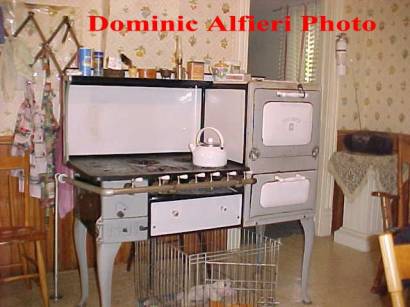
A
great many of the houses did not have any running water and depended on outside
wells or pumps like these:
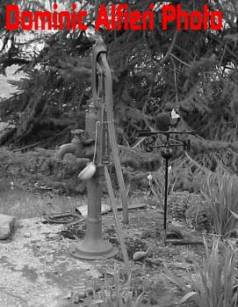
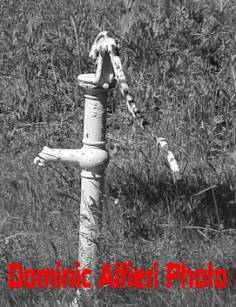
Indoor
plumbing was not found in many houses so outhouses similar to this one were
used.
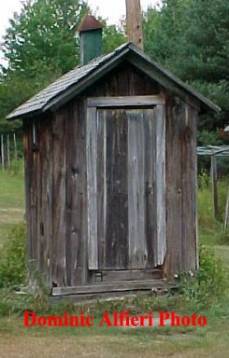
In
the wintertime, when it was extremely cold and snow covered the ground, pots
like this one were used if needed at night.
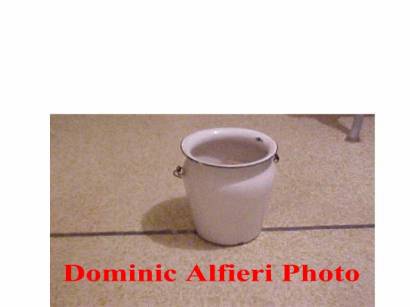
None
of the houses had electricity so lighting was provided by gas lights like this
one.
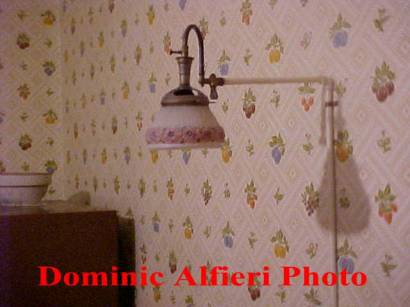
Mothers during these days had a sort of schedule for the entire week.
MONDAY was washday when all clothes were washed. Then certain items were sprinkled with water and rolled up and left over night.
TUESDAY was the day to iron all the things that needed ironed.
WEDNESDAY was the day when bread, cookies, cakes, and pies were baked. Even some puddings might be made.
THURSDAY was devoted to house cleaning.
FRIDAY was time to finish up cleaning and get clothes ready for the kids for the next week of school.
SATURDAY called for more baking and plucking a rooster for Sunday dinner.
SUNDAY
was the day to go to church in the morning. A big Sunday dinner was served to
the whole family with the afternoon being used to visit friends or welcome
guests.
Without electricity clothes were washed by hand in washtubs using a
washboard.
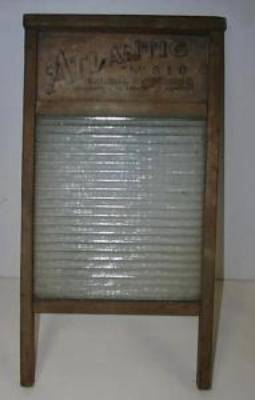
Some people had washing machines using a gasoline motor like these.
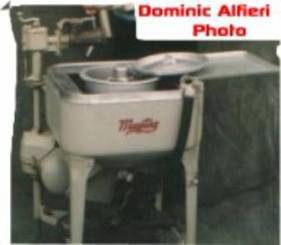
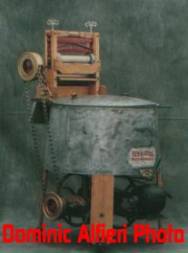
The
clothes were hung out to dry or dried on racks in the house. Clothes that need
ironed were ironed by women using a sad iron. These iron were heated on a gas or
coal stove. Here are some of these irons.
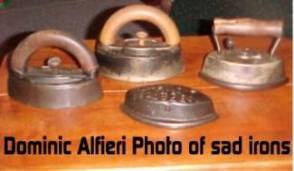
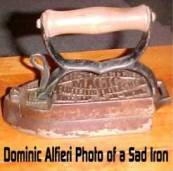
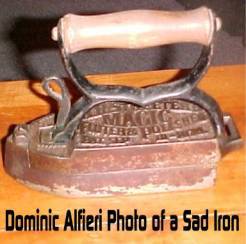
Practically
all families had a cow, chickens, and a pig or two. Another source of meat was
from deer like this one:

Hunting season was an opportunity to get more venison for food. Deer were plentiful as shown in the following pictures:
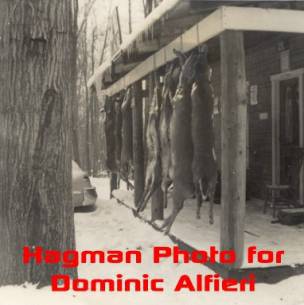
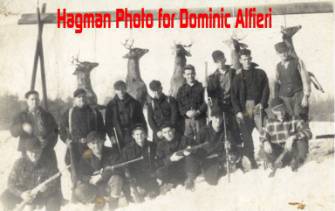
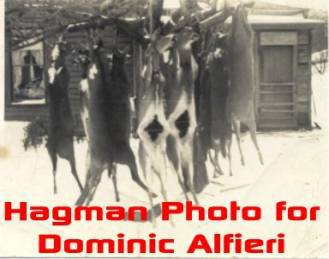
Everyone had a small garden for growing vegetables.
Venison, rabbits, and even groundhogs were a source of meat and it was common
for people to kill deer even during the summer months. In fact some men killed
deer and took some of the meat to
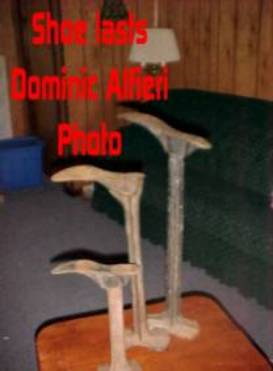
Most of the news came to Clermont through the newspapers
that arrived by mail. There were several papers including the Bradford Era,
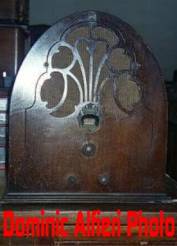
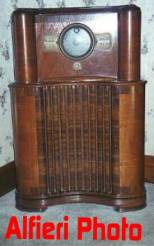

The local residents looked forward to getting news from
nearby towns like Crosby, Eldred,